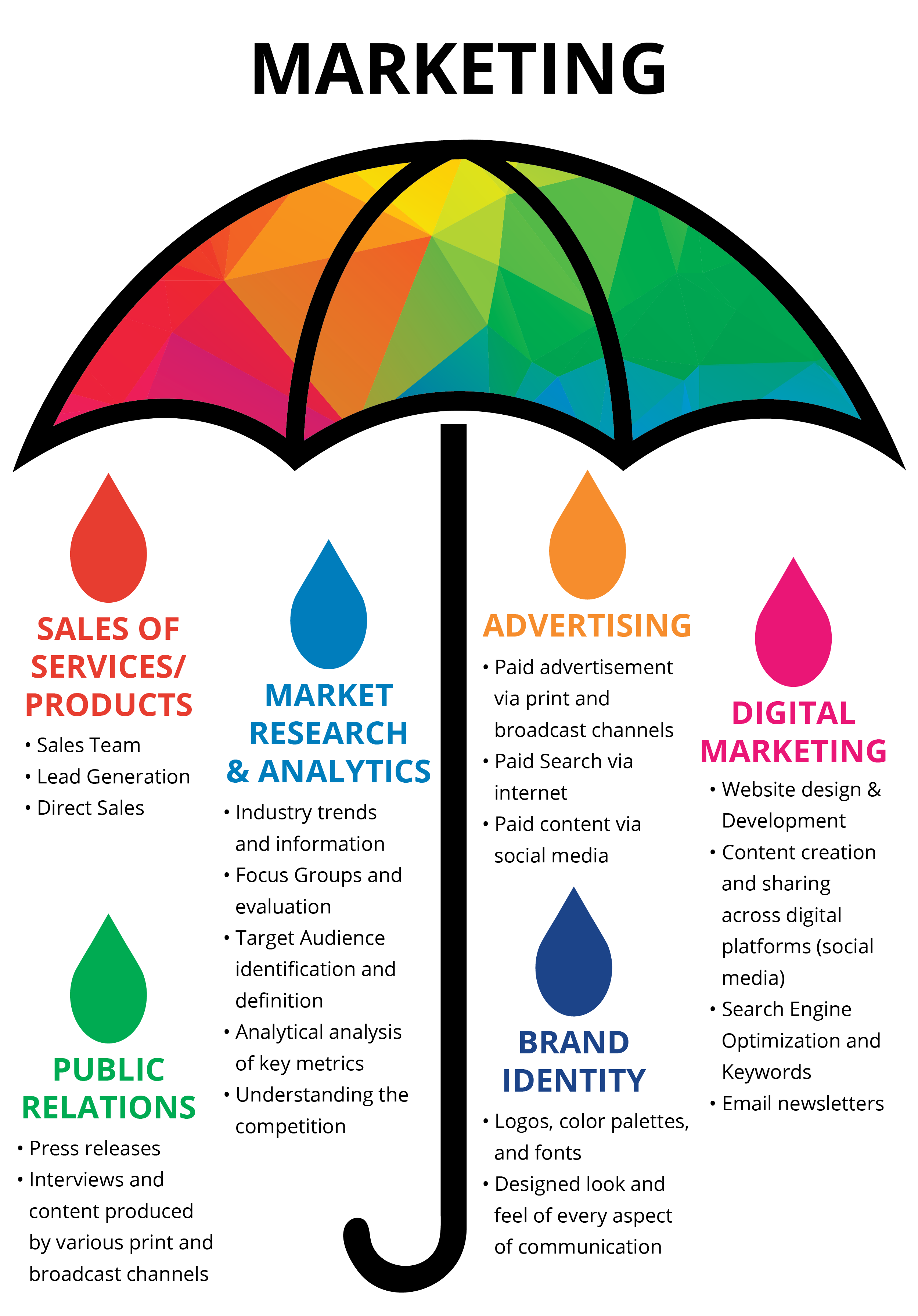Structure Robust Branding for Long-Term Service Success
A natural brand name identity not only separates a company from its rivals however additionally grows trust fund and commitment amongst customers. What techniques can organizations utilize to not just develop an unforgettable brand name but likewise receive its significance over time?
Understanding Brand Name Identity
Brand name identification works as the keystone of a firm's photo and reputation, incorporating elements such as logo style, shade typography, scheme, and messaging. Each element plays a crucial duty in producing a cohesive and well-known brand name that reverberates with its target audience. A properly designed logo acts as a graph of the brand's worths and mission, while a thoroughly chosen shade palette evokes particular feelings and organizations.
Typography additionally contributes considerably to brand name identification; the option of typeface can influence assumptions of integrity, professionalism and trust, or imagination. Uniformity in these aspects cultivates experience, enabling customers to promptly determine and link with the brand in numerous contexts.
Furthermore, messaging is similarly important, as it interacts the brand name's core values and differentiators. Clear and engaging messaging helps establish a solid story that develops and involves customers trust fund.
Ultimately, a distinct brand identification not only enhances exposure yet also fosters loyalty amongst customers. By spending time and sources right into developing a robust brand name identity, services can create a long-term impact that supports long-lasting development and success.
Significance of Uniformity
Keeping consistency throughout all brand name aspects is crucial for strengthening acknowledgment and trust fund amongst customers. A natural brand name identification-- incorporating logo design, color messaging, typography, and scheme-- develops a unified experience that consumers can easily recognize. When these elements are constantly applied across numerous systems, from advertising materials to social networks, they reinforce the brand name's visibility and make it a lot more unforgettable.
Inconsistent branding can bring about complication and water down brand equity. When customers experience variations in brand name presentation, it increases questions about dependability and credibility. This variance can wear down trust, making it much less likely that customers will certainly select your brand over rivals
Additionally, consistent branding cultivates client loyalty. When customers know what to get out of a brand name, they are most likely to develop a psychological connection, causing repeat acquisitions and long-term connections.
To attain consistency, organizations must develop thorough brand name standards that describe the proper use all brand elements. Routine training for workers and regular audits of advertising materials can assist ensure adherence to these guidelines, inevitably leading the way for sustained service success with a trusted and solid brand name picture.

Crafting a Customer-Centric Experience
Developing a customer-centric experience is important for services intending to promote solid partnerships with their customers. This approach prioritizes understanding and meeting the needs, choices, and assumptions of clients at every touchpoint. By actively listening to customer feedback and carrying out extensive market study, businesses can customize their solutions and offerings to align much more carefully with what their target audience desires.
Central to crafting a customer-centric experience is the personalization of communications. Robust Branding. Utilizing data analytics enables business to segment their client base and provide tailored advertising items, solutions, and messages. This not only enhances client fulfillment however additionally drives commitment and motivates repeat company
In addition, efficient communication plays a pivotal duty in a customer-centric method. Open and transparent dialogue grows depend on and strengthens the bond in find out between business and its clients. Organizations ought to make certain that their customer solution groups are trained, empathetic, and responsive, supplying assistance that mirrors an understanding of individual client journeys.
Leveraging Digital Platforms
In today's digital age, businesses should take advantage of the vast possibility of on the internet platforms to improve their branding efforts and connect with consumers. These platforms, which consist of social networks, sites, and e-commerce networks, provide distinct opportunities for brands to involve with their target market in real-time, cultivating a feeling of area and loyalty.
Social network systems such as Facebook, Instagram, and Twitter make it possible for brand names to share their tales, values, and products while permitting straight communication with customers. This two-way interaction not just humanizes the brand name however also helps businesses collect valuable understandings right into consumer choices and problems. Additionally, a strong online presence can improve brand name presence and attract brand-new clients with organic reach and targeted marketing.
Additionally, having a well-designed web site acts as a main hub for brand name information, showcasing services and products while offering a seamless individual experience. E-commerce capabilities further assist in straight sales, ensuring a hassle-free shopping experience for customers. By successfully leveraging these electronic platforms, organizations can develop a robust brand name identity that resonates with their target market, eventually contributing to long-term success and development.
Gauging Brand Name Success
Gauging brand success is necessary for organizations intending to examine the efficiency of their branding approaches and initiatives. This evaluation allows companies to comprehend how well their brand reverberates with target market and drives business goals. Secret efficiency indications (KPIs) such as brand awareness, consumer interaction, and loyalty are critical metrics to take into consideration.
Brand name awareness can be measured through surveys, social media reach, and web site traffic analytics. High websites degrees of understanding indicate that customers recall the brand name and identify, which is foundational for special info future investing in decisions. Customer engagement metrics, such as social media communications and email open prices, give insight right into just how actively consumers are taking part with the brand name.
In addition, commitment can be examined with metrics like Net Marketer Rating (NPS) and repeat purchase prices. These indications expose not only customer complete satisfaction yet additionally the possibility of consumers advising the brand name to others.
Verdict
Finally, the establishment of robust branding is important for long-term business success. A cohesive brand name identification, defined by a remarkable logo, consistent shade scheme, and thoughtful typography, promotes client recognition and trust. Guaranteeing uniformity throughout all platforms improves brand name loyalty, while crafting a customer-centric experience and leveraging electronic platforms promotes significant engagement. Determining brand name success through key efficiency signs lines up strategies with market demands, ultimately driving continual development and strength in a competitive landscape.
A natural brand name identity not just distinguishes a firm from its rivals yet also cultivates depend on and commitment amongst customers - Robust Branding. What strategies can organizations employ to not just develop an unforgettable brand name yet likewise sustain its significance over time?
By successfully leveraging these electronic systems, organizations can construct a robust brand identity that resonates with their target audience, ultimately adding to long-term success and growth.
